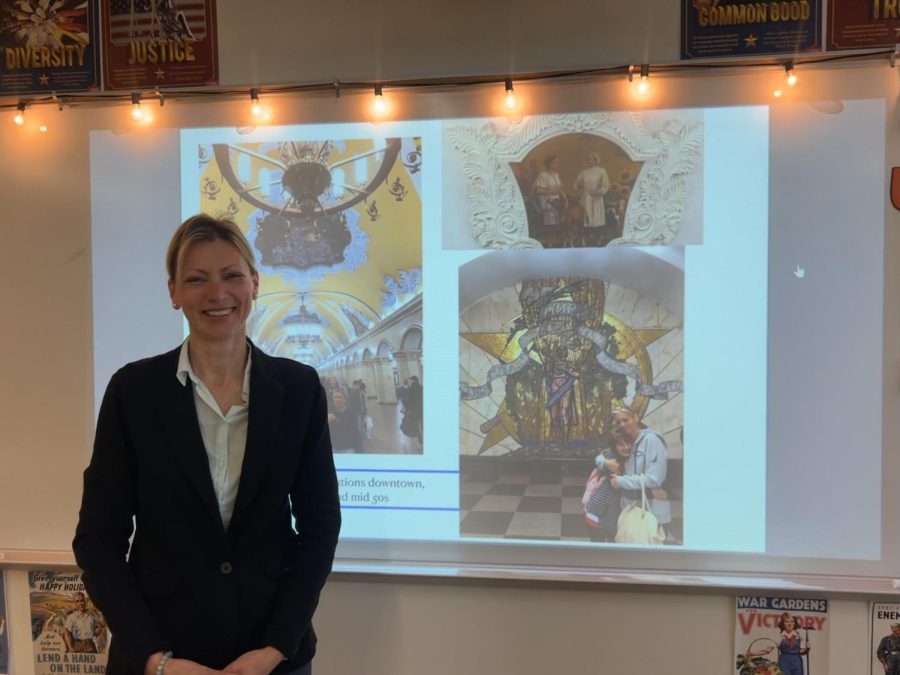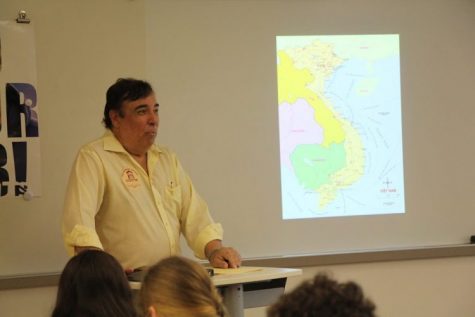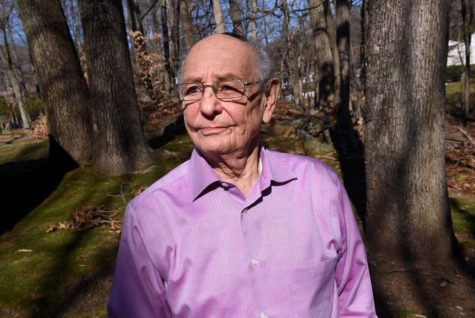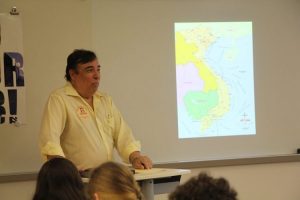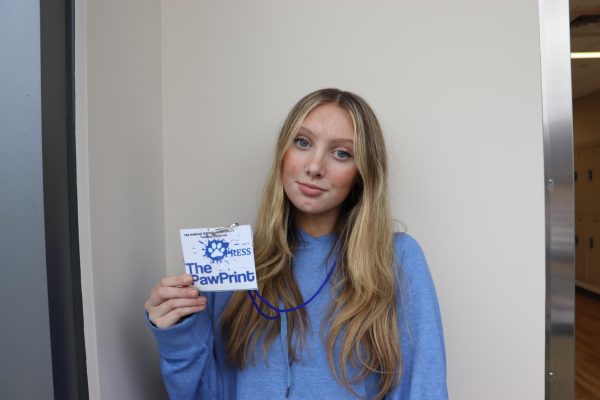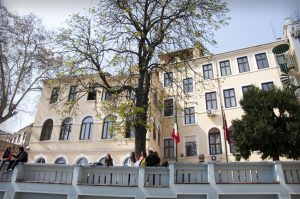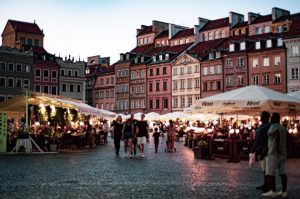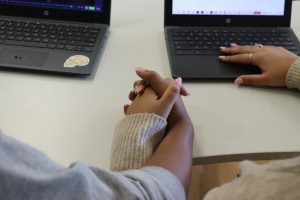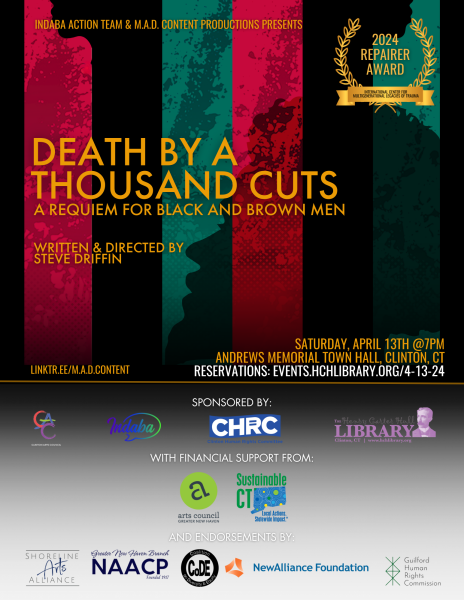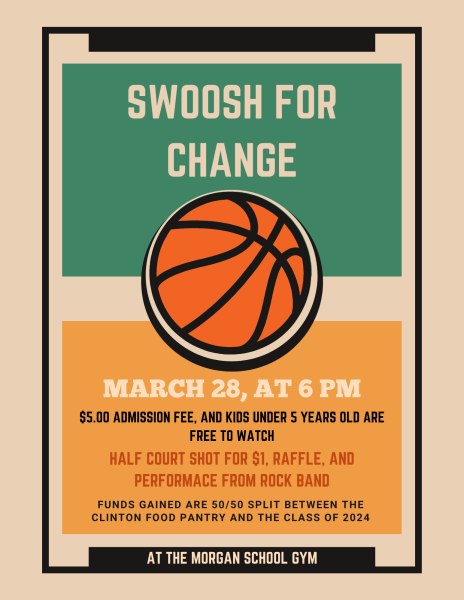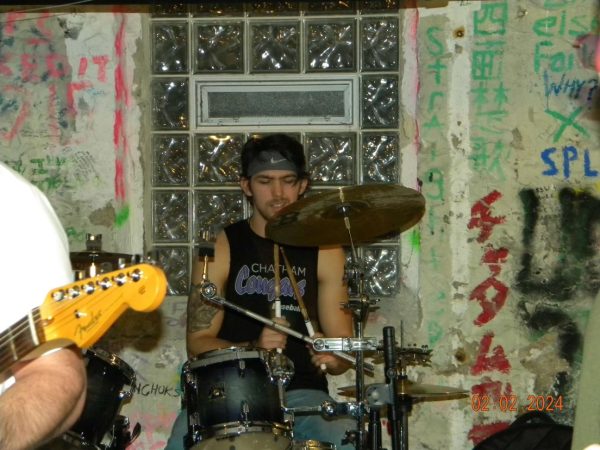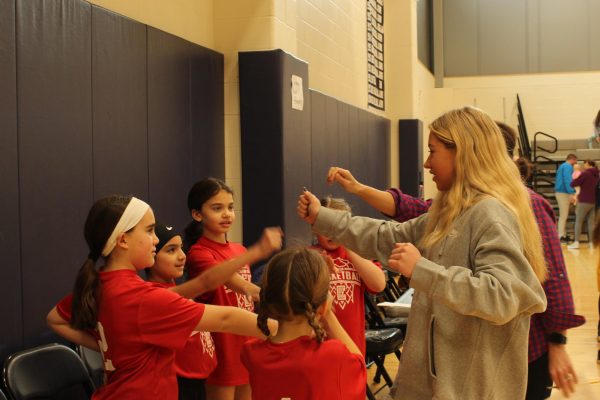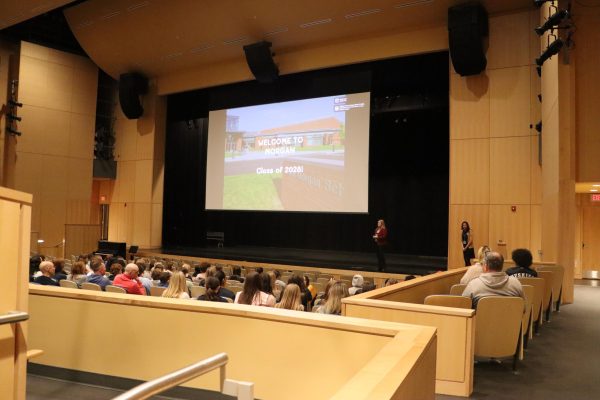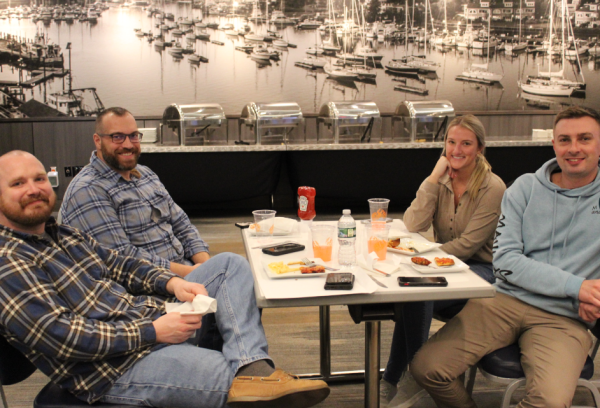Guest Speaker: Olga Gebauer from Moscow, Russia
June 1, 2023
Olga Gebauer was born in Moscow, Russia, and now is living in Clinton Connecticut. She was born in the USSR (Union of Soviet Socialist Republics) and her childhood coincided with the Cold War. For the past few weeks, she was a guest speaker for US History classes. She was happy to share her experiences growing up in the USSR, and her later years in life after the collapse of the Soviet regime, before moving to the United States in 2005.
During her presentation, she explained the school system and their ideologies, and how the communist party heavily influenced the system. In elementary, middle and high school, kids had to wear school uniforms and badges with the leader of the Russian revolution, Vladimir Lenin. The school curriculum was strict and demanding. Discipline was heavily enforced by the teachers and the system. In high school, kids were divided into groups, and they had to supervise and keep younger kids in order. They would make sure that there was no misbehavior or bullying. There were 30 kids in each class, and they would stay with them throughout elementary to high school. There was a student leader that was elected in every row of 5 students, and they reported to the class leader, helping teachers. Kids that have good grades were expected to tutor kids that were struggling. At the time, there wasn’t a financial credential system, so working for your country was encouraged. There weren’t many goods or services, so even though people were getting paid, there wasn’t a lot of stress on making money unlike today’s economy, but more on providing and helping your country.

In school and outside of school, there was a system that promoted sports. All sports activities were free, and any kid could enroll in sport, art or scientific clubs after school hours. If students performed well athletically, they could be put into schools that specialized in athletic preparation. They were encouraged to join teams. They had a mentality to dominate in sports, so that their country reflected more positively on the USSR. With the collapse of the USSR in 1991, the economy also collapsed.
History students were encouraged to ask Olga questions about her time in Moscow. When Olga was in high school, the first McDonald’s in Russia opened up in downtown Moscow. She waited for two hours in line, and was very impressed, despite the wait. She got a strawberry milkshake, and ordered her mom a Big Mac, and it was a novelty. After the collapse of the USSR, Russia’s economy was open, and was introduced to global companies. Olga still has a strong connection with Moscow, and her mother still lives in the apartment that she grew up in. While being proud of her heritage, she is happy to live in the US with her family.

